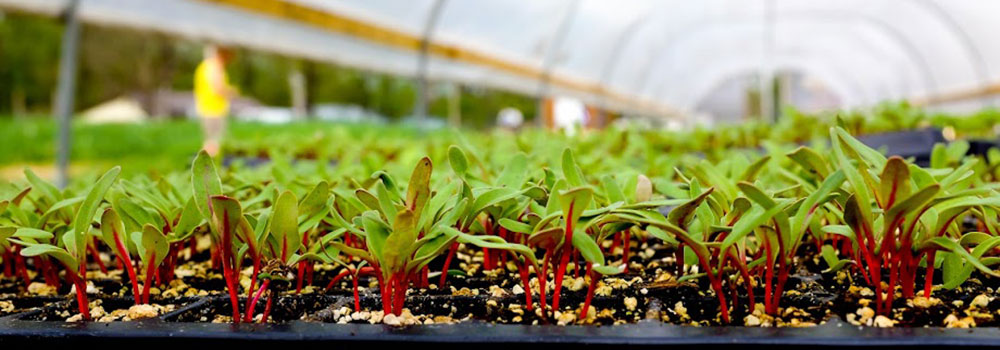

In spring 2014, Sustainable Duke's student interns led a project to reduce wasteful printing on campus, which resulted in Duke Student Government passing a resolution to institute a 1,000 page limit per semester on free printing for students.
The new quota proved successful, resulting in a 24% reduction in undergraduate printing in fall 2014.
The percentage of commuters driving alone to Duke increased during the last year, from 70% in FY14 to 79% in FY15. This reduction in use of alternative transportation options may be due in part to lower gasoline prices.

In order to achieve carbon neutrality by 2024, Duke must offer alternative transportation resources and incentives with enough impact to reduce this drive alone rate. Installation of an advanced technology gate system in parking lots across campus over the coming year will allow for more flexibility in programs and incentives for alternative commuters.
In 2015, Parking & Transportation released a new resource for the Duke community to reduce driving on campus. The campus walk times map illuminates common short trips on campus that can be taken on foot rather than by car, often saving time when compared to driving and parking.
Additionally, Duke is engaged in a transit planning process with regional partners to improve commuting connectivity to Duke.

Among many sustainable policies such as prohibiting styrofoam in campus eateries, Duke Dining is also continuing work to develop a sustainable sourcing procurement plan with specific targets for food purchasing.
The Duke Campus Farm continues to grow in sustainable food production and food systems education. In FY15, the farm collaborated with 18 academic courses, grew 3,000 pounds of produce and attracted 874 volunteers who gave 1,844 hours of their time.